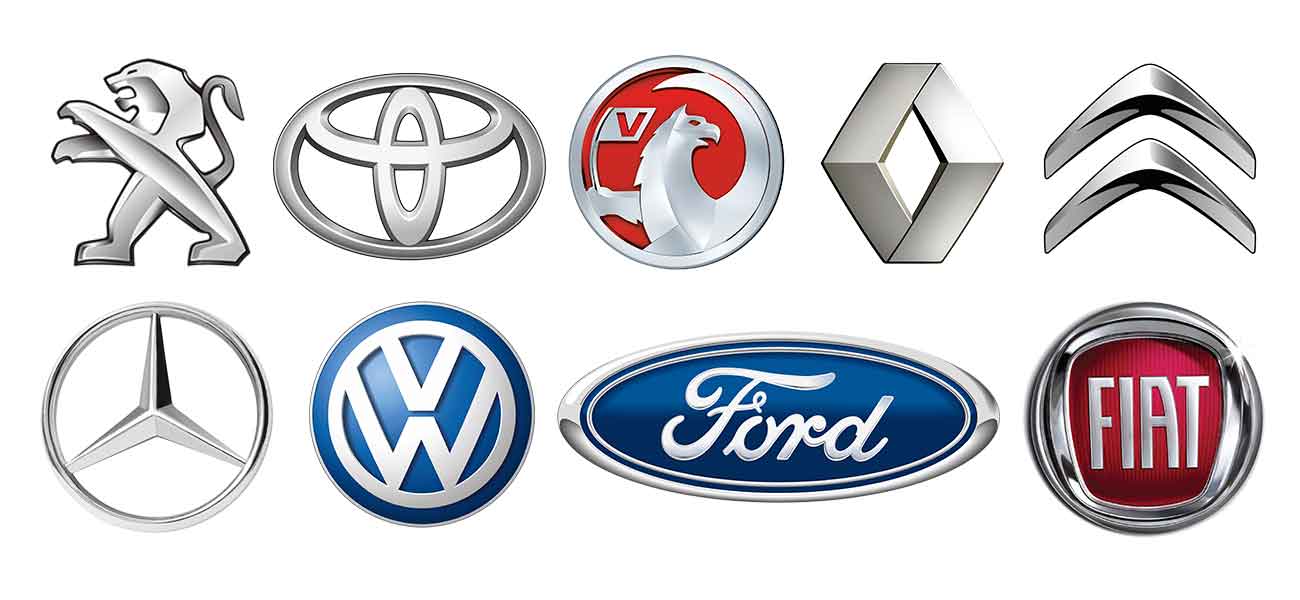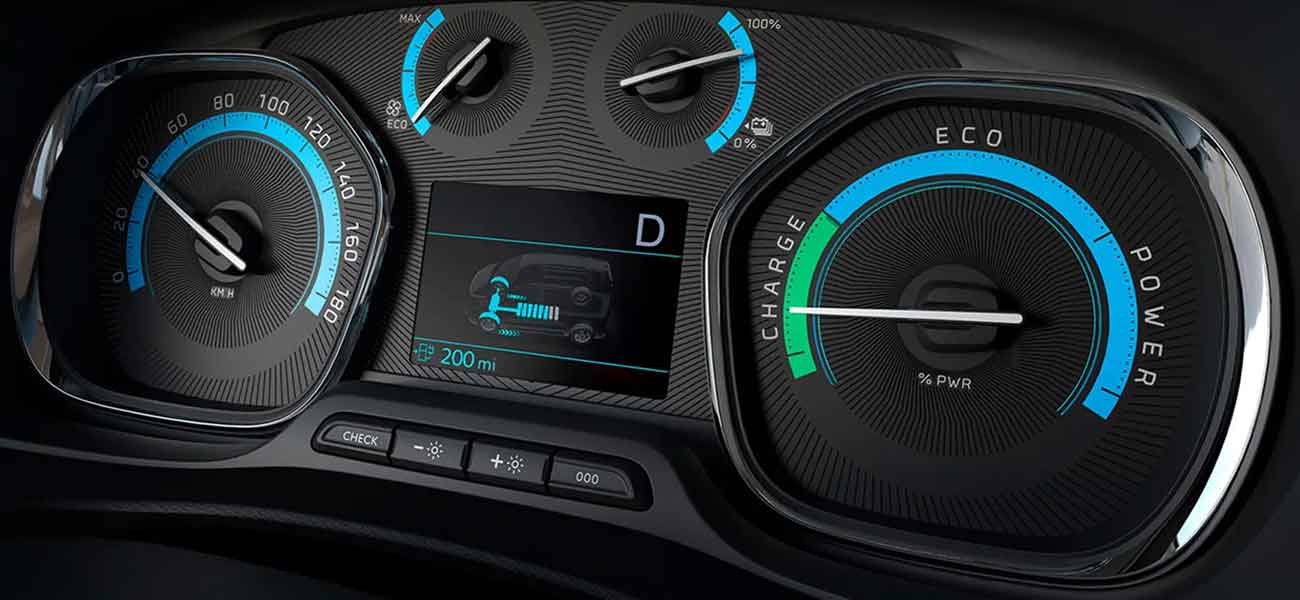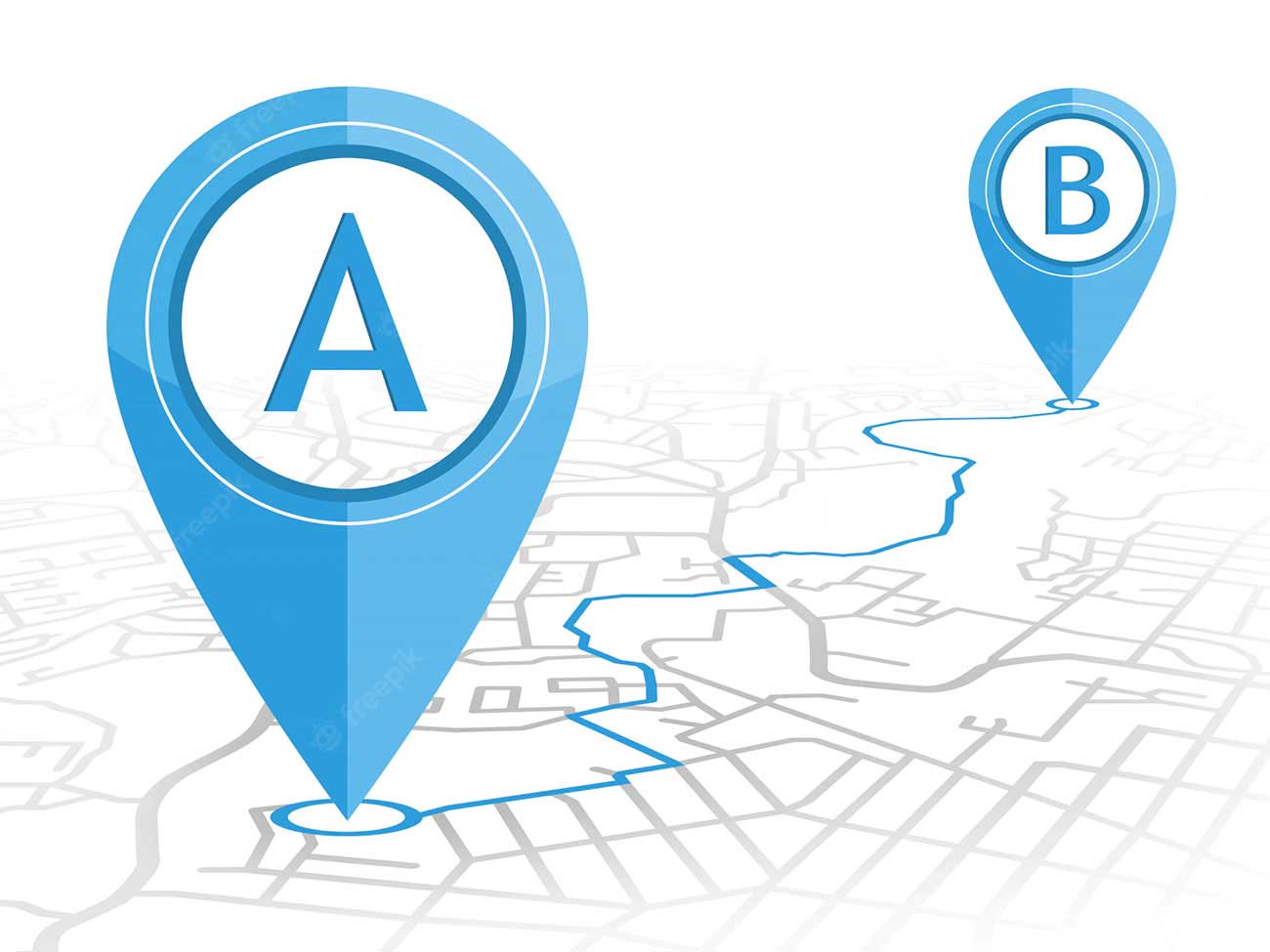Thanks to improved technologies, more charging stations, continued commitment to green decisions and recent fuel crises, electric vans are becoming more viable and more popular vehicle choices, but many people still have questions about electric vans and what they're like to drive and own. We've compiled a list of frequently asked questions, and their answers, below.

What are the benefits of electric vans?
Driving an electric van comes with many benefits; aside from driving a cleaner vehicle with no tailpipe emissions, you can get government support and are protected from supply issues that have recently beset petrol and diesel. Electric vans are also cheaper to run per mile.
Electric vans are exempt from London's Congestion Charge as well as from the Clean Air Zones being implemented by more cities across England, including Bristol and Bath.
Electric vans are more responsive in their acceleration and, thanks to the battery pack, they have a lower centre of gravity, improving the ride's handling and safety. The electric motor is basically silent, giving a much quieter drive than an internal combustion engine.
While all vehicles need regular maintenance to ensure they are running correctly and efficiently, electric vans (and electric vehicles generally) have fewer moving parts than ICE vans as they don't have an engine or gearbox, so they are less prone to wear and tear. A study conducted by Go Ultra Low found that, in a 3-year, 60,000-mile period, electric vehicles cost 23% less than their petrol/diesel counterparts when it came to servicing and maintenance.
You don't pay road tax on fully-electric vans - although this will change in 2025. At the moment, road tax is calculated based on a vehicle's emissions and, where electric vans produce no tailpipe emissions, they do not pay road tax. Even though you don't pay to tax your electric vehicle, you still have to tax your vehicle.
Hybrid vans, powered by a combination of electricity and either petrol or diesel, do pay road tax (due to their internal combustion engines) but pay lower road tax due to their lower level of emissions (thanks to their electric engines).
On top of the benefits of electric vans, their reputation will benefit your business image. Driving an eco-friendly van, or a whole fleet of them, provides your company with a socially conscious image.
While electric vans are cheaper to maintain than petrol or diesel vans, it's still recommended to buy a warranty when you buy an electric van, because there are still components that need maintenance and repair.

Are there any downsides to electric vans?
In their early years, there were concerns about the range of electric vans. While that may once have been a valid concern, the technology in EV batteries has come on in leaps and bounds. Most electric vans now have a range of between 100-220 miles; whether you're buying an EV for business or for your personal use, you'll be able to find one that meets your driving demands.
Something else that some people were concerned about was the amount of charging points, particularly when it came to planning long journeys, but the infrastructure that supports electric vans has also grown dramatically. As of November 2022, there were over 36,700 public charging devices at nearly 22,000 locations across the UK - a growth of 33% from November 2021.
The technology around charging has also developed, meaning you can use fast charging and rapid charging devices to charge your electric van in less time.

What electric vans are available in the UK?
With rises in consumer demand, electric vans are available from pretty much every major manufacturer, including Peugeot, Toyota, Vauxhall, Renault, Mercedes-Benz, Volkswagen, Ford, Citroen and Fiat.

This saturation of the market has meant that technology has taken huge leaps in recent years and, of course, there is a much greater range to choose from now. Take a look at our range of electric vans now.
How do I know if an electric van is for me?
You'll need to consider a few factors when thinking about buying an electric van.
Firstly, assess your driving requirements and how well an electric van can accommodate these. Looking at your daily mileage and typical routes, determine if there are sufficient charging options available in your area. Use Zap-Map to check your local network.
You should also think about the payload capacity; if you are hauling heavy cargo, check that an electric van can carry that. Because of the weight of the battery, EVs have a slightly lower payload limit than other vans.
Finally, compare the upfront cost, potential savings on fuel and maintenance, and any available incentives to assess the financial viability of an electric van for your specific situation.
If you're still not sure, come and speak to one of our friendly team members who'll listen to your situation and help advise you.
What is the government Plug-In Van Grant?
This grant promotes the adoption of electric vans and provides financial support to eligible businesses and individuals in the UK purchasing new electric vans. The grant reduces the upfront cost of an electric van by providing a subsidy of up to a certain amount, depending on the specifications of the vehicle.
How long does it take to charge an electric van?
Battery charging speeds vary depending on a number of factors but, in general, a full charge for an electric van with a moderate-sized battery typically takes a few hours. Rapid chargers can provide a significant charge in around 30 minutes to an hour.
The size and existing charge levels of the battery, and the speed of the charger all affect how quickly a battery can be charged.
Most owners of electric vehicles, where possible, charge their vehicles overnight so they are fully charged for the day to come.
Where can I charge an electric van?
You can install a dedicated charging point at your residence, which allows you to conveniently charge your van overnight or whenever it's parked at home. If you are using electric vans for your business, you can install charging points at your place of work. This will help ensure your fleet is fully charged when leaving your premises.
Public charging networks are expanding, and you can find charging stations at various locations, including shopping centres, car parks and service stations. Rapid charging stations are typically found along major highways or at specific charging stations. Rapid chargers can deliver a significant amount of charge in a short amount of time, making them ideal for long-distance travel or quick top-ups.
What happens when an electric vehicle is low on charge?
When an electric van is low on charge, three main things will happen. Firstly, the van will notify the driver that the battery charge level is low, typically appearing as notifications on the dashboard display. This is similar to low fuel alerts in traditionally-fuelled vehicles.
As the charge continues to deplete, the van will enter a power-saving mode where it will limit certain functionalities and reduce power to extend the remaining range. If the battery charge reaches a critically low level, the electric van's propulsion may shut down to prevent complete battery depletion. At this point, the vehicle will stop and, like when an ICE vehicle runs out of fuel, will require a recovery vehicle.
What are electric vans like to drive?
As mentioned above, electric vans are very enjoyable to drive with a low centre of gravity and virtually no sound from the motor.
When it comes to accelerating from a standstill, electric vans trounce ICE vans. This is because the electric motors are able to quickly deliver maximum torque, rather than the gradual build that comes with ICE vans. They have front motors and rear motors working through all four wheels, rather than one engine working through two wheels. They also have fewer moving parts, resulting in less friction and less energy wasted.
The battery is used to boost the driving experience, with EV batteries installed in the floor of the van between the axles. This keeps the car's centre of gravity nice and low which helps with cornering and handling, improving the safety and enjoyment of driving an electric van.

What is the lifespan of an electric van?
The biggest determinant of an electric van's lifespan is the battery. Most EVs use lithium-ion batteries and these can last for many years; a driver of an electric van can expect their battery to last for over 10 years/100,000 miles. A battery that is getting towards the end of its lifespan won't affect the performance of the van, but it may slightly reduce the range after 8-10 years. If you feel the need, you can have the battery in your electric van replaced quite easily.

Are electric vans cheaper than other vans?
Electric vans may have a higher purchase price, but the running costs of electric vans are much lower than petrol or diesel vans. As mentioned above, the servicing and maintenance costs are nearly a quarter less for an electric van, and the running costs can be a third less when compared to a petrol engine.

How far can an electric van go on one charge?
As mentioned above, most electric vans have a range of 100-220 miles on a single charge, depending on the model. The range will also be affected by the size of the van, the cargo weight and the driving style.
Why are electric vans important?
Electric vans play a crucial role in advancing sustainability and addressing environmental challenges.
Electric vans produce zero tailpipe emissions, meaning they don't release harmful pollutants into the atmosphere during operation.
By replacing conventional vans that run on fossil fuels, electric vans significantly contribute to reducing greenhouse gas emissions, improving air quality, and mitigating climate change. This also helps diversify the energy mix and reduces reliance on non-renewable resources, promoting energy security and sustainability.
Electric vans also operate incredibly quietly compared to their combustion engine counterparts. This is particularly important for deliveries, transportation services, and last-mile logistics, where reduced noise pollution can enhance the quality of life for residents and improve urban environments in general.
What electric vans are available?
Vanbase has a broad range of hybrid and electric vans in stock, find your next van today.
More Useful Articles

Bristol CAZ Shire Leasing Van Scheme
The Bristol Clean Air Zone is now in place and non-compliant vehicles are required to pay a daily fee to enter. Many ...

Why Do I Have To Pay VAT On Some Used Vans?
When someone buys a new van, or indeed a new car, they'll pay 20% VAT on that purchase. Businesses ...

Local Charging Point Guide
Charging points are individual devices that allow users to charge their electric vehicles and are ...
